Public services 'could fall off cliff' over health demands
- Published

Improved housing and more active lifestyles are seen as key factors in public health improvements
There is a risk public services in Wales could "fall off a cliff" unless more is done to prevent people from falling ill, the future generations commissioner has said.
Sophie Howe said all public bodies need to work more closely together to tackle the causes of ill health.
There are also concerns services like housing and leisure - which help keep people healthy - are losing out.
More money is having to be switched to the NHS as demands rise.
The Welsh Government said it recognised "health is more than the NHS".
Public health experts are spending a second day in Cardiff debating long-term challenges with colleagues from across the world.
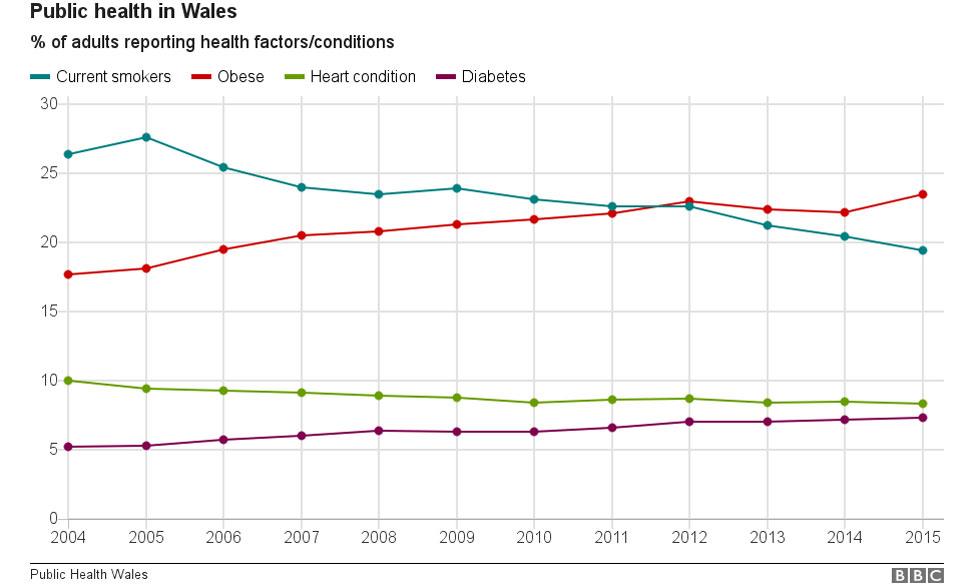
Life expectancy is increasing, while serious heart conditions and numbers of smokers are falling.
But the bad news is, we are getting fatter and more of us are getting diabetes.
Ms Howe, who started work earlier this year, is charged under Wales' new Wellbeing of Future Generations Act, with encouraging 44 public bodies to work much more closely together in making sustainable decisions.
This includes preventing problems like poor health getting worse.
The aim is to build attractive, safe and supportive communities, with healthy lifestyles and environment promoted.
"This is about a nurse thinking it's as much her responsibility to identify an issue of domestic abuse as a police officer," said Ms Howe.
"It's about a health board thinking it's as much its responsibility to think about carbon emissions coming from its estate than the environmental protection people in the council; it's about our economy minister thinking its as much his responsibility to deal with well being, health and poverty.
"It's incredibly tough but something we have got to do. Quite simply if we carry on the way we are, our services are going to fall off a cliff."
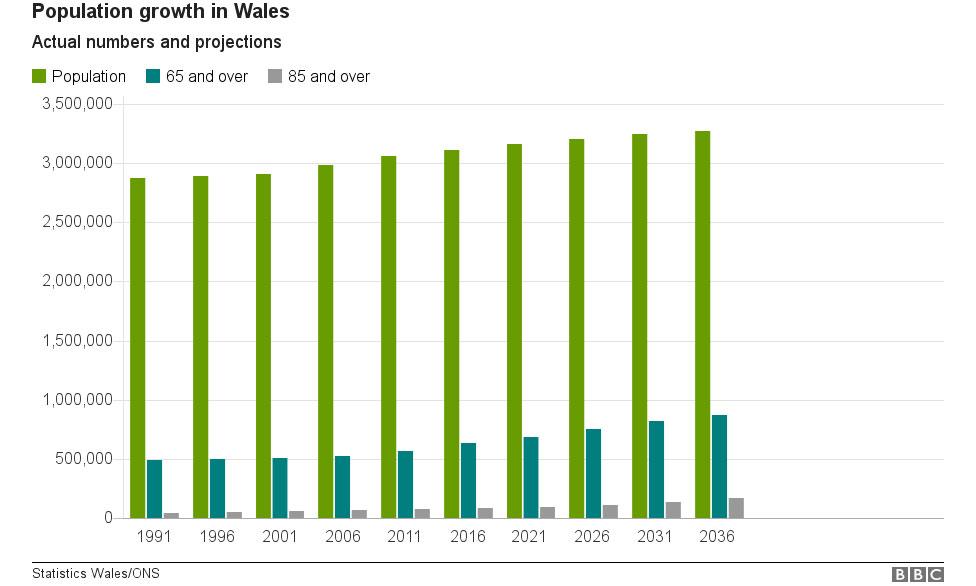
A growing and aging population means more of us live with long-term illnesses and the NHS is under more pressure than ever before.
Two weeks ago, the Welsh Government allocated an extra £240m to its budget next year, to help the health service cope.
But the Welsh Local Government Association is concerned that, if the NHS continues to consume an ever-increasing proportion of the Welsh budget, services that help people stay healthy could lose out.
If that happens it is argued it could store-up even more problems for the NHS in the future.
Steve Thomas, chief executive of the Welsh Local Government Association said: "If we carry on the same route, especially if austerity continues and deepens in this next period, the public sector will be schools and hospitals and very little else."
Meanwhile, a leading international health expert has told BBC Wales that the Future Generations Act could be the model for other countries across the world in meeting the "biggest challenge" of health inequalities.
Dr Piroska Ostlin, director of policy and governance for health and well-being at the World Health Organization (WHO) said: "If you do it right, if you implement the act, you can make your vision for a healthier Wales, a more prosperous, more resilient, more equal Wales a reality. Or you don't manage to do that, health inequities will increase and maybe life expectancy decreases."
A spokesman for Welsh Government's said its draft budget provided stability for core services and the goals of the Well-being of Future Generations Act had underpinned its approach.
"The budget delivers the first increase in the settlement for local government since 2013-14, including additional funding to recognise the importance of social services to the long term success of the health service," they added.
- Published2 November 2016
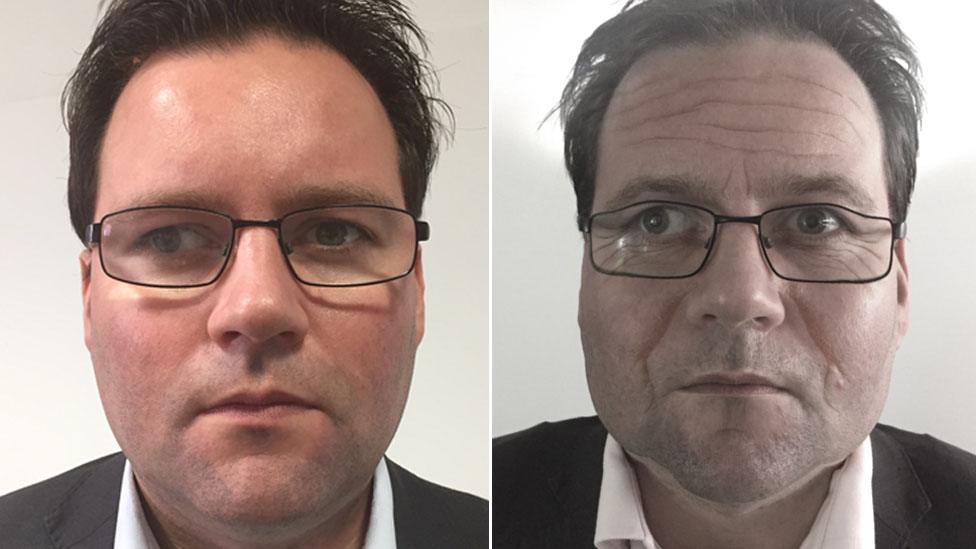
- Published1 November 2016
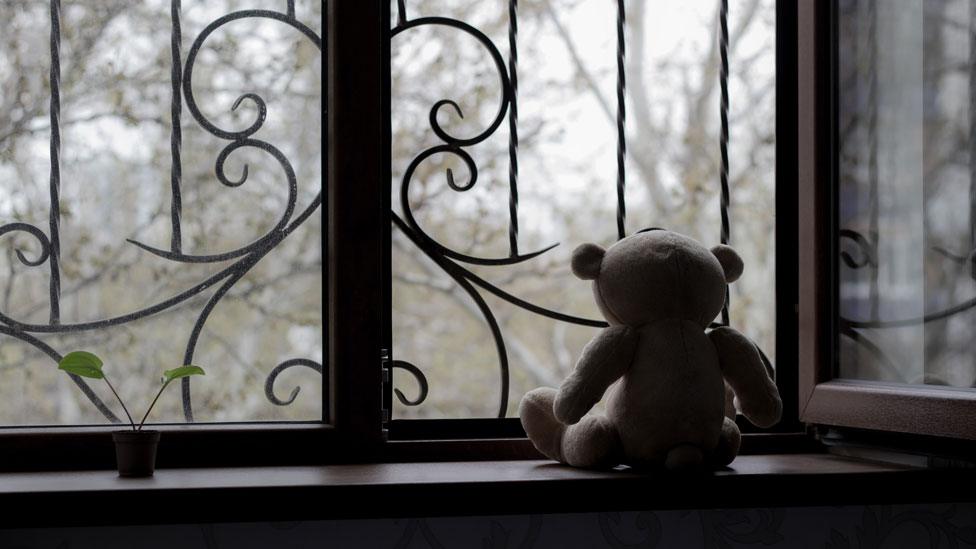
- Published3 November 2015
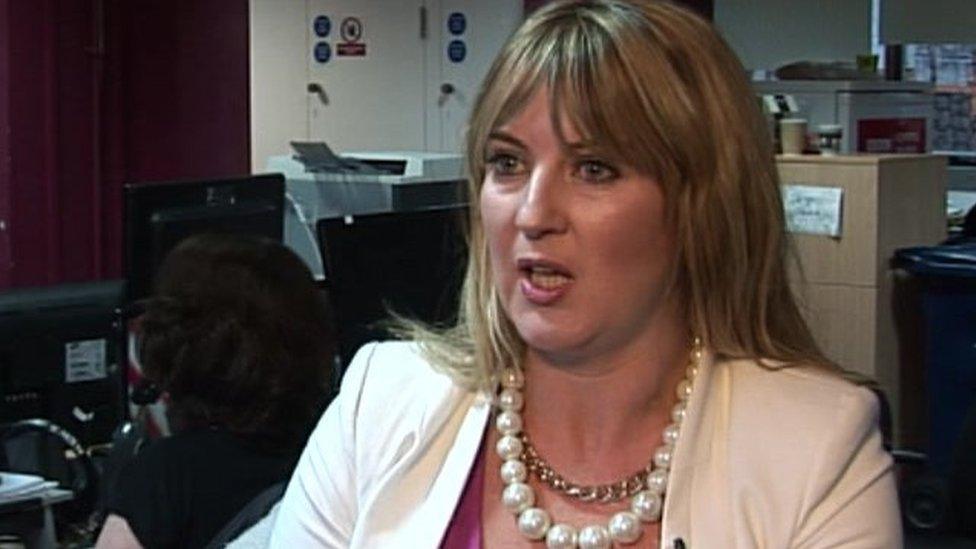
- Published12 July 2016
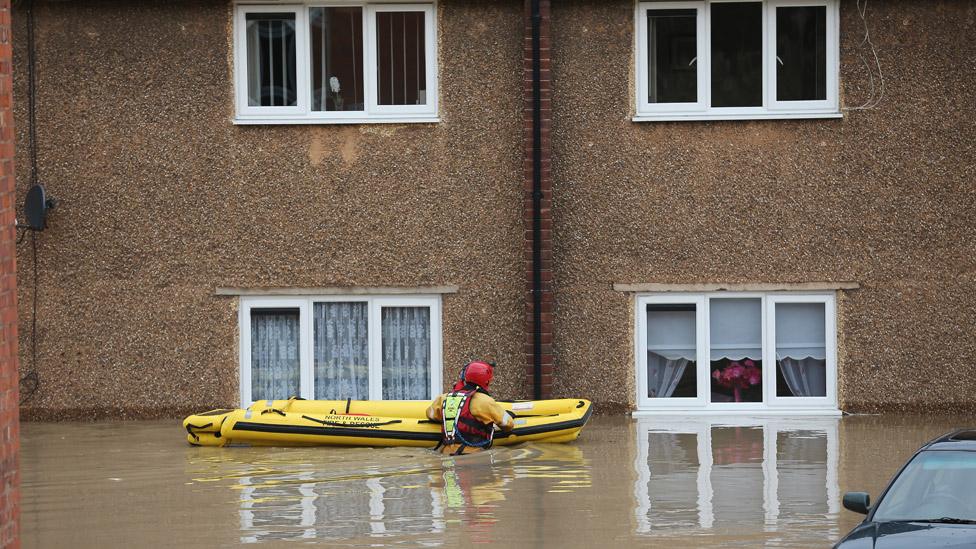
- Published19 October 2015

- Published17 March 2015
